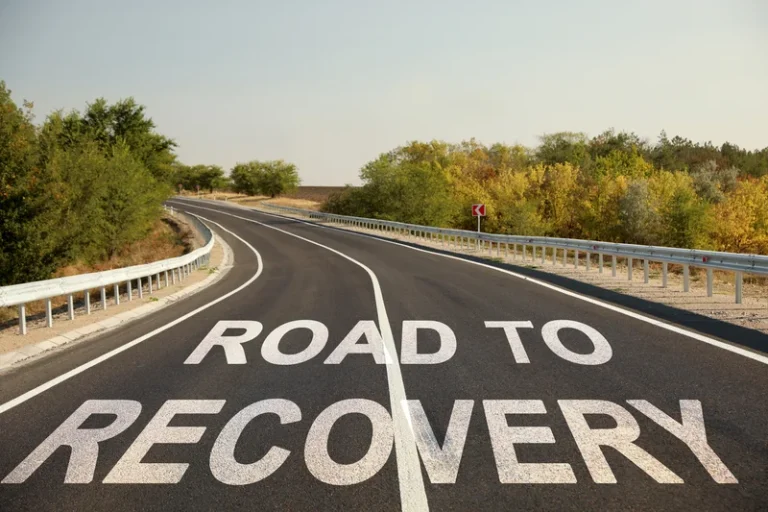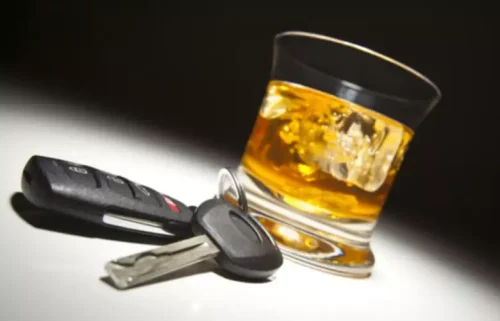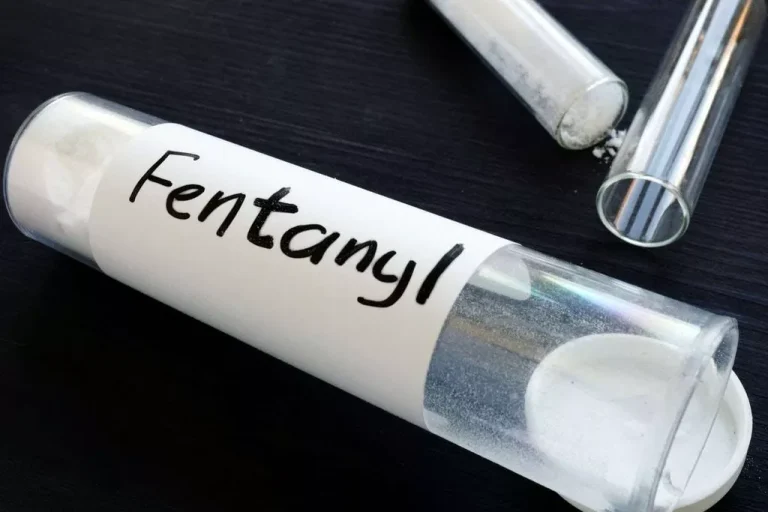
Because these analyses are performed on stable sleepepochs, results suggest that once sleep is attained, it is not necessarily characterizedby elevated fast frequency activity. By contrast, primary insomniacs have greater betapower during NREM sleep than normal sleepers, thought to reflect higher levels of corticalarousal (Riemann et al. 2010). Topographicdifferences in EEG spectral power during sleep evaluated in alcoholics compared withcontrols revealed that slow frequency activity was maximal over frontal scalp regions inboth alcoholics and control subjects (Colrain, Turlington,and Baker 2009b).
Tips for sleeping after a night out

There’s a chance you’ll physically act out your dreams in your sleep, or even sleepwalk. Besides just waking you up a lot, alcohol can disrupt your normal sleep patterns enough to create some longer-term issues you may need to address. Take our short alcohol quiz to learn where you fall on the drinking alcohol insomnia spectrum and if you might benefit from quitting or cutting back on alcohol. As you work toward quitting, you can try adjusting your drinking around your sleep for less severe impact on your sleep patterns. Alcohol dependency is rarely the only issue a person in withdrawal is dealing with.
- Cortisol rhythms show no evidence for disruption early in withdrawal or two tofour weeks post drinking in two studies (Mukai et al.1998; Fonzi et al. 1994).
- So, does alcohol help you sleep or is it actually interfering with your quality of rest?
- But part of a smart, sleep-friendly lifestyle is managing alcohol consumption so it doesn’t disrupt your sleep and circadian rhythms.
- Insomnia disorders are more likely to have a chronic course, to require independent treatment, and may contribute more directly to relapse during alcohol recovery.
- A person can speak with a doctor to discuss the best way to treat and manage their condition.
Alcohol and Obstructive Sleep Apnea (OSA).
During three decades of follow-up, repeated measures were obtained via a self-completed questionnaire of insomnia symptoms and sleep duration and repeated measures of alcohol consumption and problem drinking. In summary, insomnia is prevalent across all stages of AD and may have psychosocial, addiction and psychiatric ramifications. “Although some encouraging results have been seen with gabapentin, quetiapine and CBT-I, these findings need to be replicated using adequately powered studies in individuals with insomnia comorbid with alcohol dependence”. In summary, the preponderance of studies report subjective and objective increase in sleep onset latency and sleep fragmentation with consequently decreased TST in actively drinking subjects with AD. Alcohol can have a sedative or stimulant effect depending on the dose and the time between drinking and bedtime. Some people who drink frequently develop a tolerance to the sedative effects of alcohol.

Restful Nights Are Possible
REM sleep, which gets shortchanged in the first half of the night under the influence of alcohol, is important for mental restoration, including memory and emotional processing. The gut and its microbiome are often referred to as the body’s second brain, and operate under powerful circadian rhythm activity. The circadian disruption that can result from alcohol consumption contributes to leaky gut syndrome, according to research. Circadian rhythms thrown out of sync can weaken the lining of the gastrointestinal tract, making it more vulnerable to permeation—that’s the leakiness that allows bacteria, toxins, and food to leave the intestines and enter the bloodstream. Alcohol is the most common sleep aid—at least 20 percent of American adults rely on it for help falling asleep. But the truth is, drinking regularly—even moderate drinking—is much more likely to interfere with your sleep than to assist it.
0 Familial predisposition for alcoholism effects on sleep?
The model originally developed by McCarleyand Hobson (1975) proposed a set of reciprocal interactions between the two groupsof neurons whereby REM-on neurons are influenced by a self-excitatory loop but also have anexcitatory link to REM-off neurons. Once a threshold level of activation is reached in theREM-off cells, they become dominant. These have an inhibitory action on REM-on cells butalso a self-inhibitory feedback loop that progressively decreases their activity.Eventually, activity drops below a threshold point and REM-on cells regain dominance. Recentwork has identified an important role for GABAergic interneurons that act to facilitate theREM-off process (McCarley 2011).

If you think your drinking may be impeding your sleep or overall quality of life, speaking to your doctor or therapist is a great first step. Grand mean evoked potential waveforms for alcoholics at initial assessment(redlines) andat 12 month follow-up (blue lines) Fz, FCz, Cz, CPz and Pz. https://ecosoberhouse.com/ The left panel(KC+) shows the result of averaging responses that included K-complexes. The rightpanel (KC-) show the result of averaging responses not including K-complexes. Treatment providers are available 24/7 to answer your questions about rehab, whether it’s for you or a loved one.
Research shows that between 33% and 40% of people who consume alcohol experience mild to severe anxiety. Anxiety symptoms can cause or worsen insomnia for some individuals. People with sleep apnea should consider avoiding or reducing alcohol consumption. A person can speak with a doctor to discuss the best way to treat and manage their condition. Studies estimate that 36–91% of people experiencing alcohol dependence may have insomnia.

How does alcohol withdrawal affect insomnia?
From a general neurophysiological perspective, the onset and maintenance of sleep involves depolarizations of the thalamocortical neural circuits (Saper et al., 2010). The ‘sleep-wake switching system’ resides within the lateral hypothalamus, the ventrolateral preoptic area, and the median preoptic area. In contrast to generalized sleep activity across the brain, “local” sleep involves activities in certain neurons or neuronal assemblies leading to regional sleep-like neuronal activity patterns. These activities are then propagated to other brain regions via signaling systems.

- The good news is that these sleep disruptions are temporary, and any insomnia you experience will likely resolve as you persevere through recovery.
- At any rate, a regular nighttime drinking habit will increase your odds of poor-quality sleep over time.
- Latencies of N550 and P900 did not differ as a function of diagnosisor sex.
- Although sleep improves with continued abstinence, permanent alterations to the sleep centers of the brain from chronic alcohol exposure may produce persistent abnormalities that, in many cases, require independent treatment.
Some studies have reported a mild withdrawal syndrome persisting after the cessation of an acute withdrawal phase. This condition may be secondary to a hyperexcitable state of the central nervous system (Begleiter and Porjesz, 1979) and has been called protracted abstinence, protracted withdrawal phase, or late withdrawal symptoms (Heilig et al., 2010). Its main features include, mood disturbance, alcohol craving and sleep related disturbances, and they may persist for about 5 weeks (Alling et al., 1982). In summary, moderate doses of alcohol may decrease the amount of REM sleep through the night. In doses mimicking heavy drinking, alcohol may initially improve sleep continuity during the first half of the night.